Our study on the impact of federalism on the health system in Nepal got great coverage at the ‘Ninth National Summit of Health and Population Scientists in Nepal’ on Tuesday 11th April. This annual conference in Kathmandu is organised by the NHRC (Nepal Health Research Council).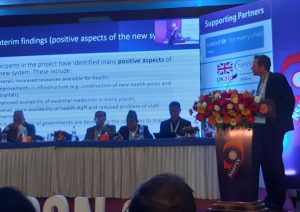
In the morning Prof. Sujan Marahatta (who is Visiting Professor at Bournemouth University) and Prof. Simon Rushton from the University of Sheffield presented in the plenary session. They jointly outlined the preliminary study findings. In the afternoon, our collaborator Dr. Jiban Karki (Liverpool School of Tropical Medicine) presented more detailed findings on ‘Human resource management at local level in Nepal’s federalised health system’ from the same study. 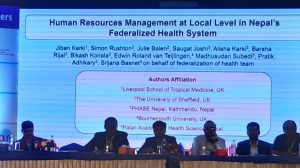
During the whole day we also had a poster presentation on display under the title ‘COVID-19 as a challenge to Nepal’s newly-federalised health system: Capacities, responsibilities, and mindsets’.
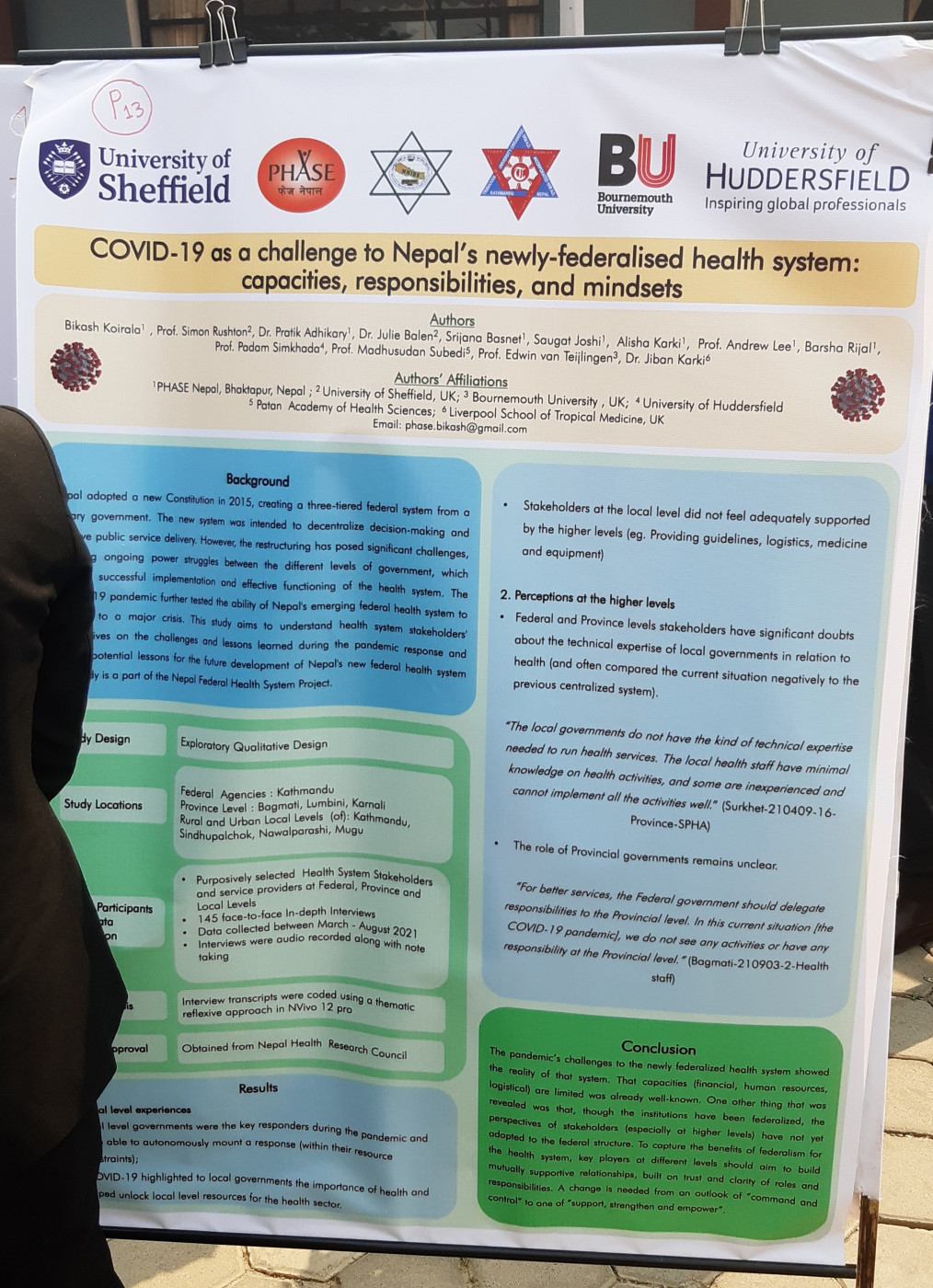 All dissemination was part of the Nepal Federal Health System Project, our major collaborative project examining the consequences for the health system of Nepal’s move to a federal government structure in 2015. This is a joint project (2020-2024) led by the University of Sheffield and collaborating with Bournemouth University, the University of Huddersfield, Manmohan Memorial Institute of Health Sciences (MMIHS) and PHASE Nepal. This longitudinal interdisciplinary study is funded by the UK Health Systems Research Initiative [Grant ref. MR/T023554/1].
All dissemination was part of the Nepal Federal Health System Project, our major collaborative project examining the consequences for the health system of Nepal’s move to a federal government structure in 2015. This is a joint project (2020-2024) led by the University of Sheffield and collaborating with Bournemouth University, the University of Huddersfield, Manmohan Memorial Institute of Health Sciences (MMIHS) and PHASE Nepal. This longitudinal interdisciplinary study is funded by the UK Health Systems Research Initiative [Grant ref. MR/T023554/1].
Prof. Edwin van Teijlingen
Centre for Midwifery, Maternal & Perinatal Health (CMMPH)
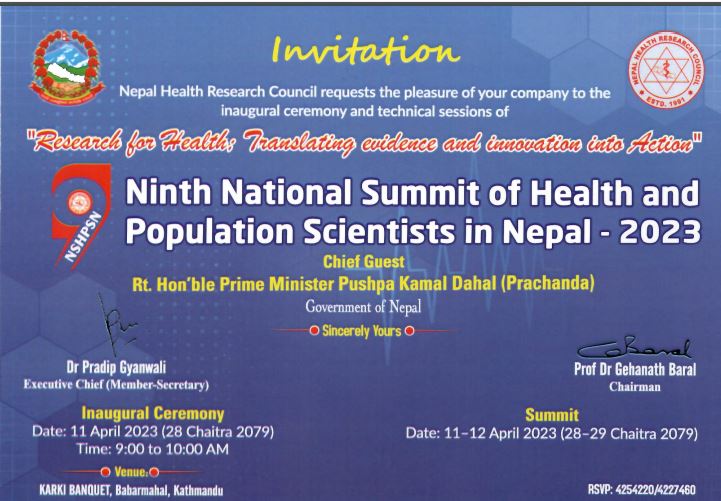
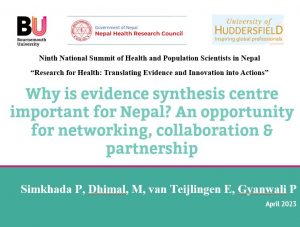
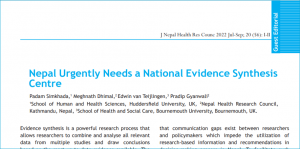

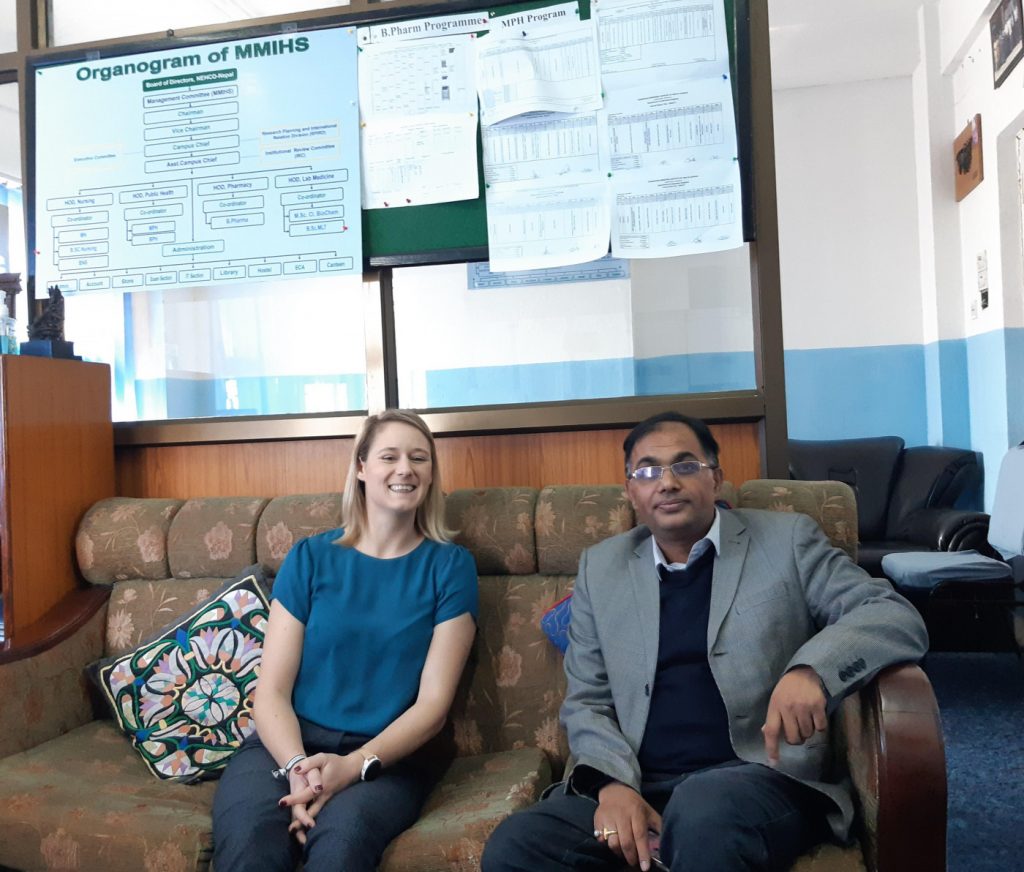
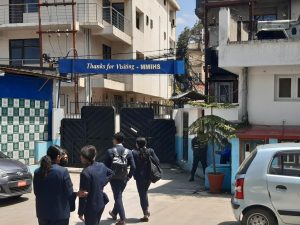
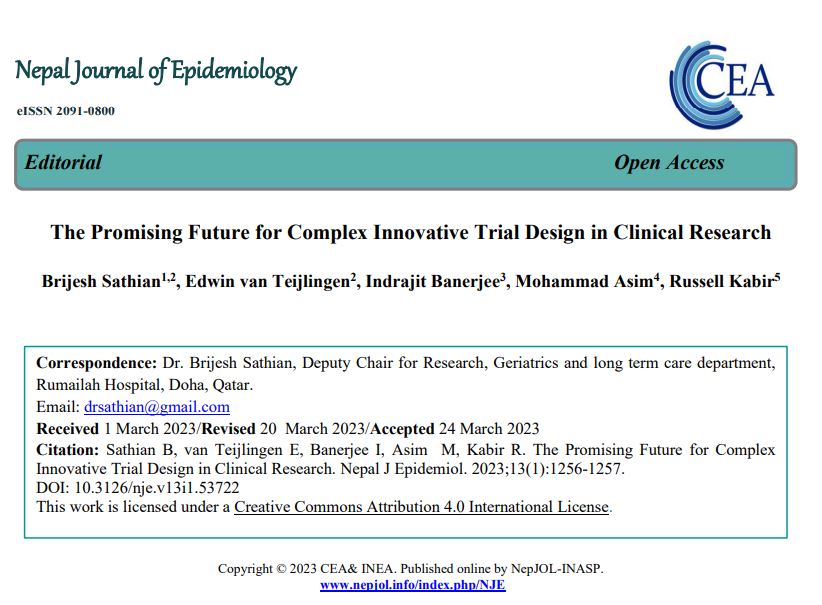
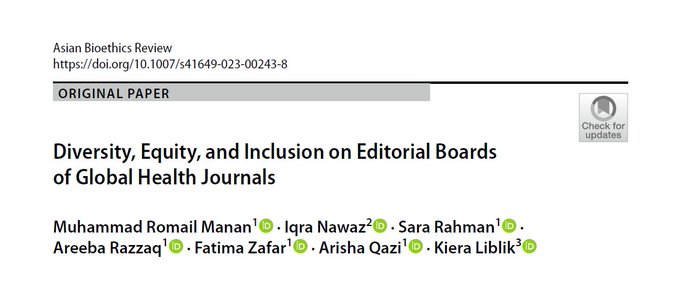
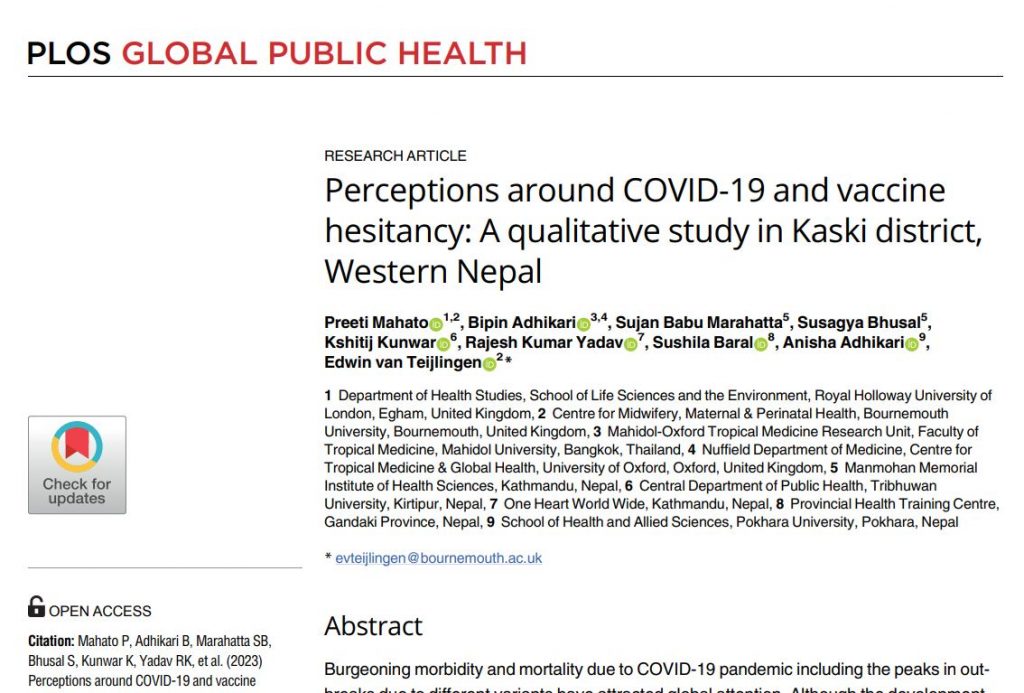

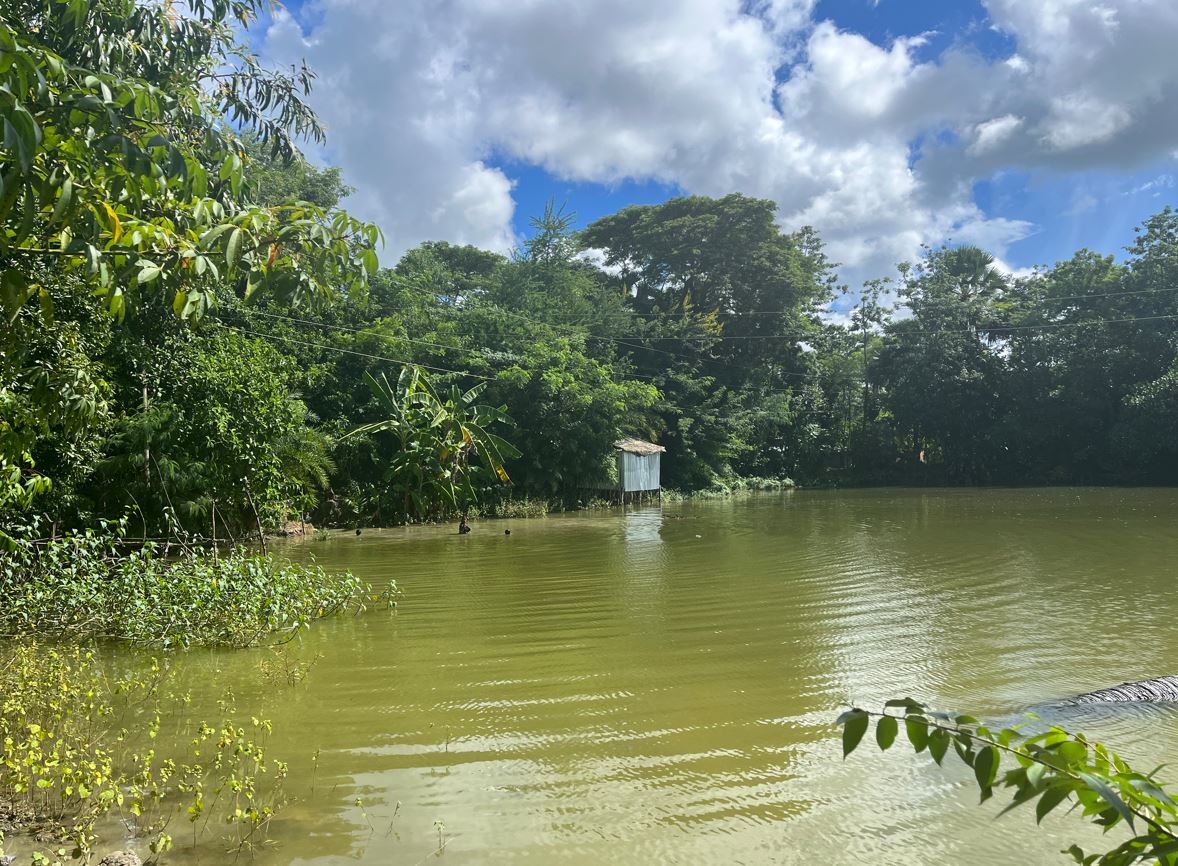




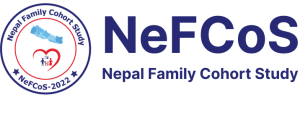
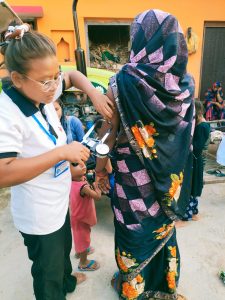

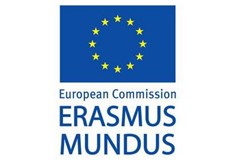

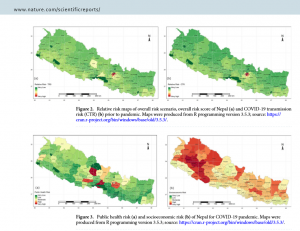
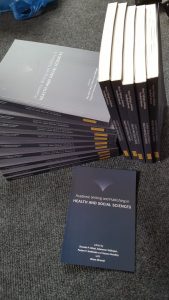

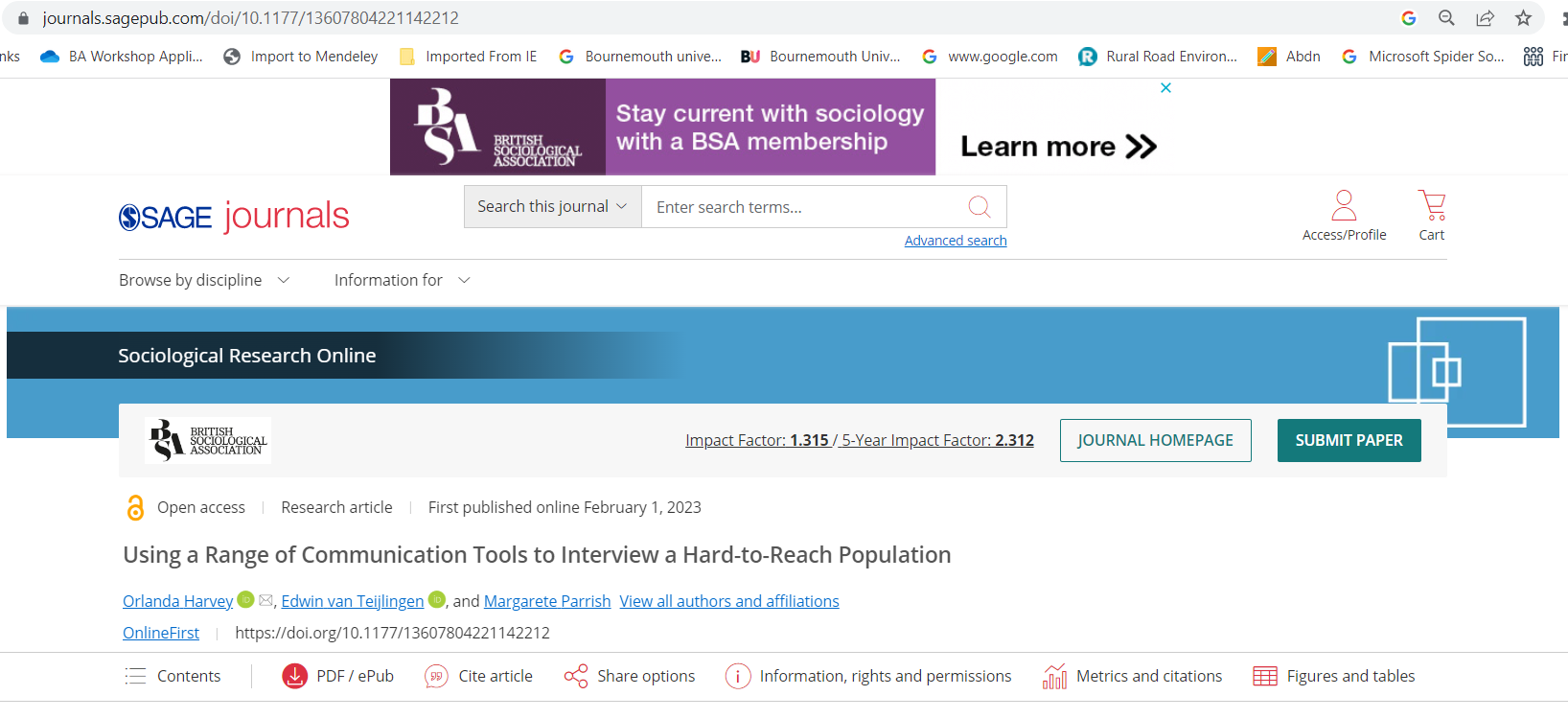

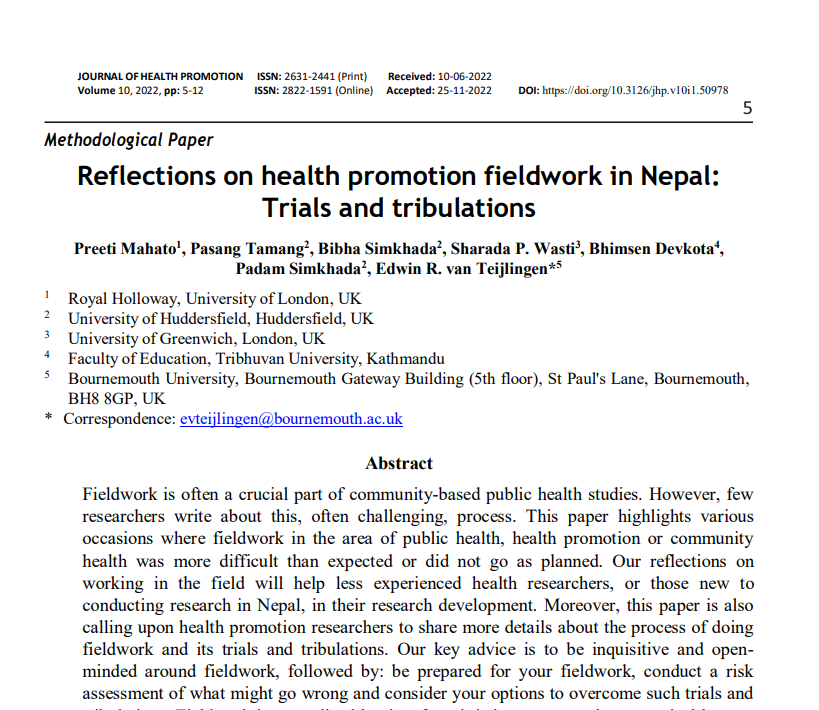
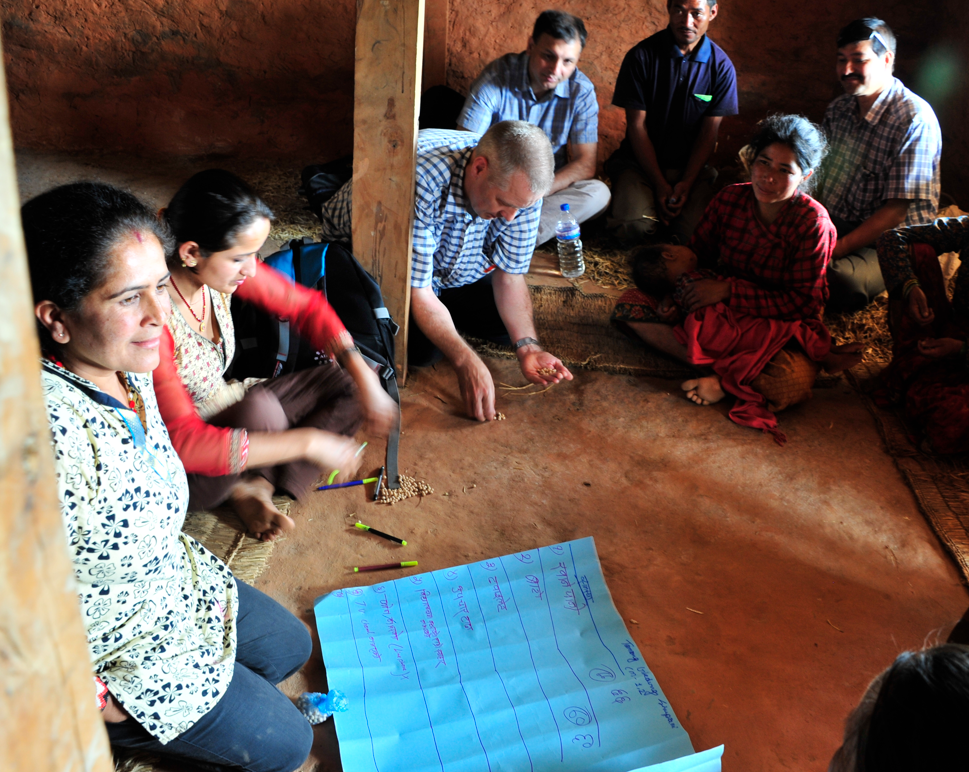

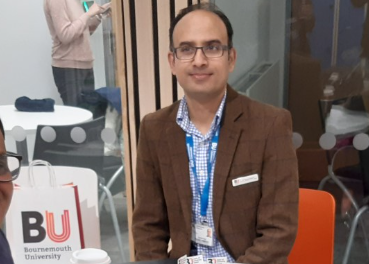
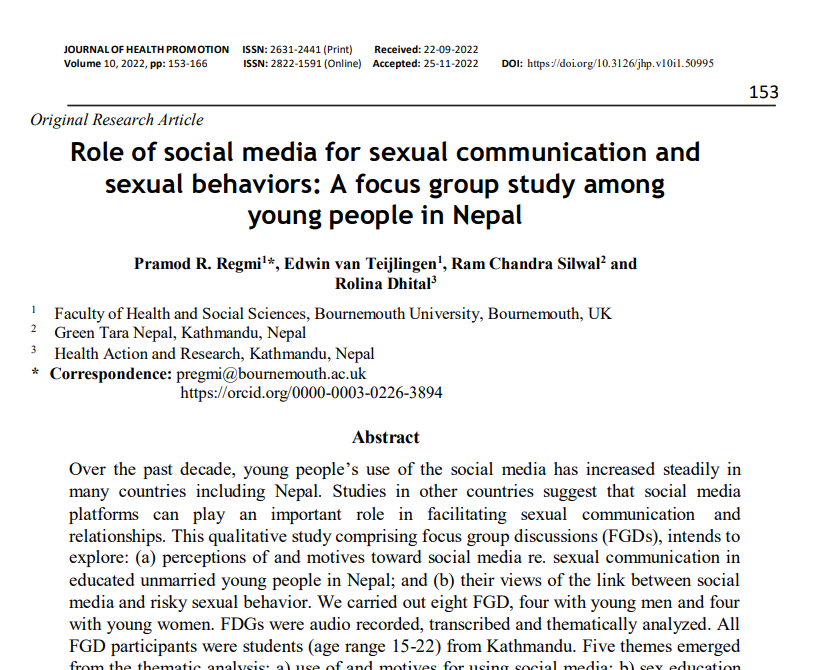
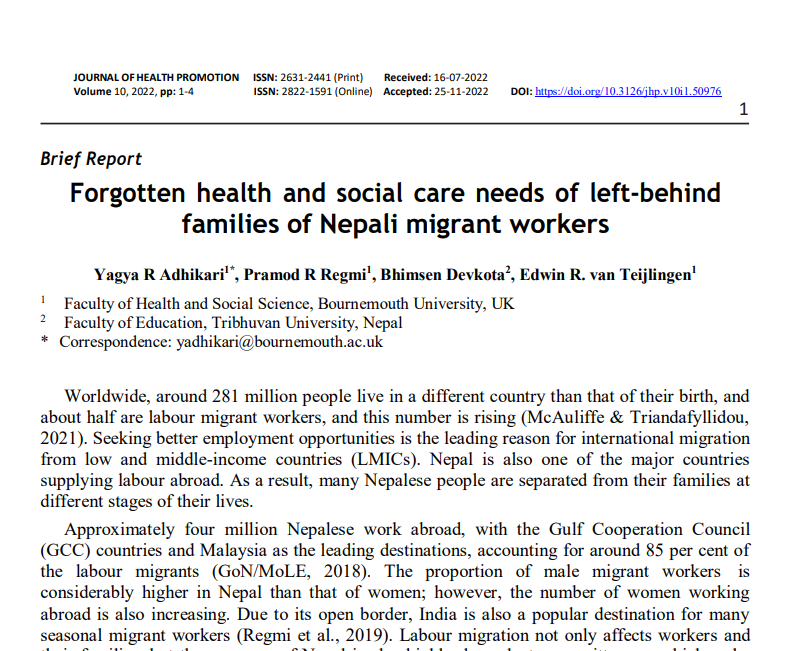
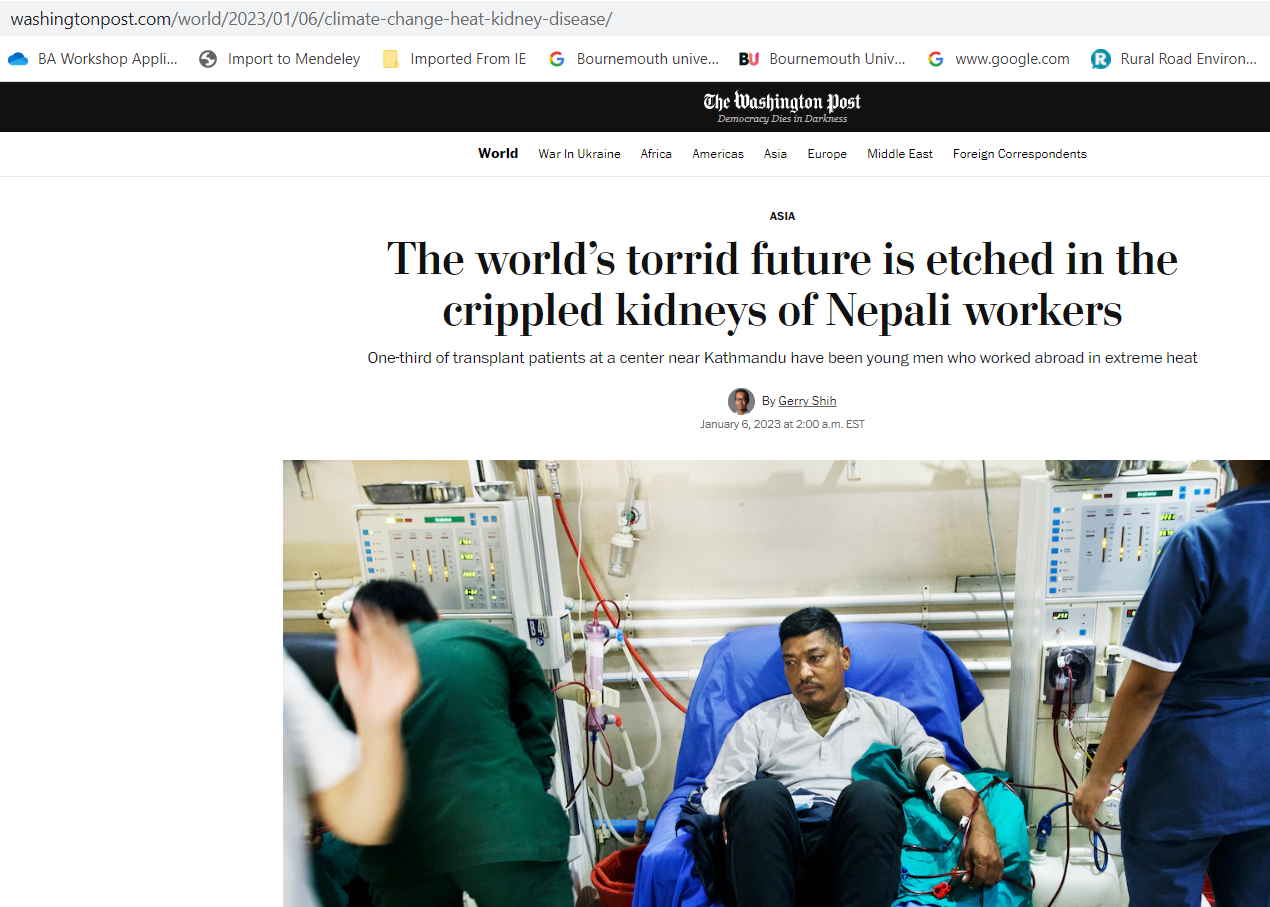

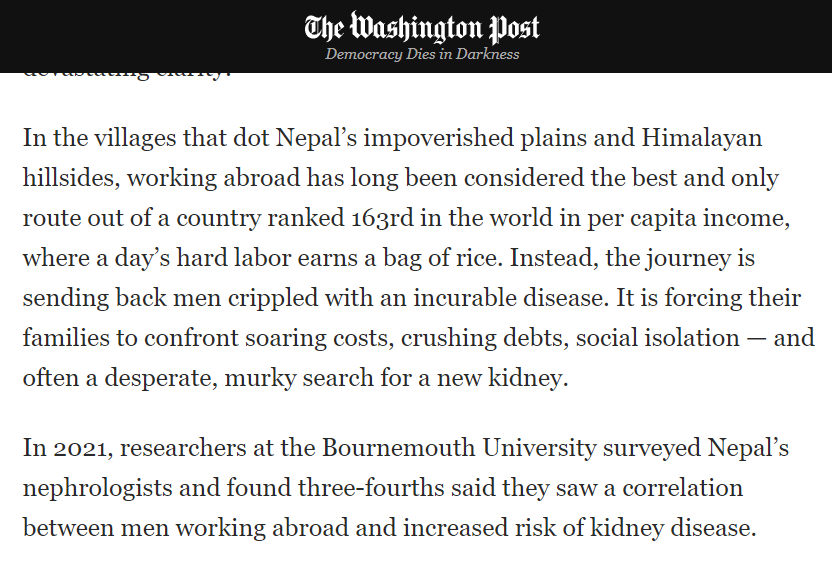











 From Sustainable Research to Sustainable Research Lives: Reflections from the SPROUT Network Event
From Sustainable Research to Sustainable Research Lives: Reflections from the SPROUT Network Event REF Code of Practice consultation is open!
REF Code of Practice consultation is open! BU Leads AI-Driven Work Package in EU Horizon SUSHEAS Project
BU Leads AI-Driven Work Package in EU Horizon SUSHEAS Project ECR Funding Open Call: Research Culture & Community Grant – Apply now
ECR Funding Open Call: Research Culture & Community Grant – Apply now ECR Funding Open Call: Research Culture & Community Grant – Application Deadline Friday 12 December
ECR Funding Open Call: Research Culture & Community Grant – Application Deadline Friday 12 December MSCA Postdoctoral Fellowships 2025 Call
MSCA Postdoctoral Fellowships 2025 Call ERC Advanced Grant 2025 Webinar
ERC Advanced Grant 2025 Webinar Update on UKRO services
Update on UKRO services European research project exploring use of ‘virtual twins’ to better manage metabolic associated fatty liver disease
European research project exploring use of ‘virtual twins’ to better manage metabolic associated fatty liver disease